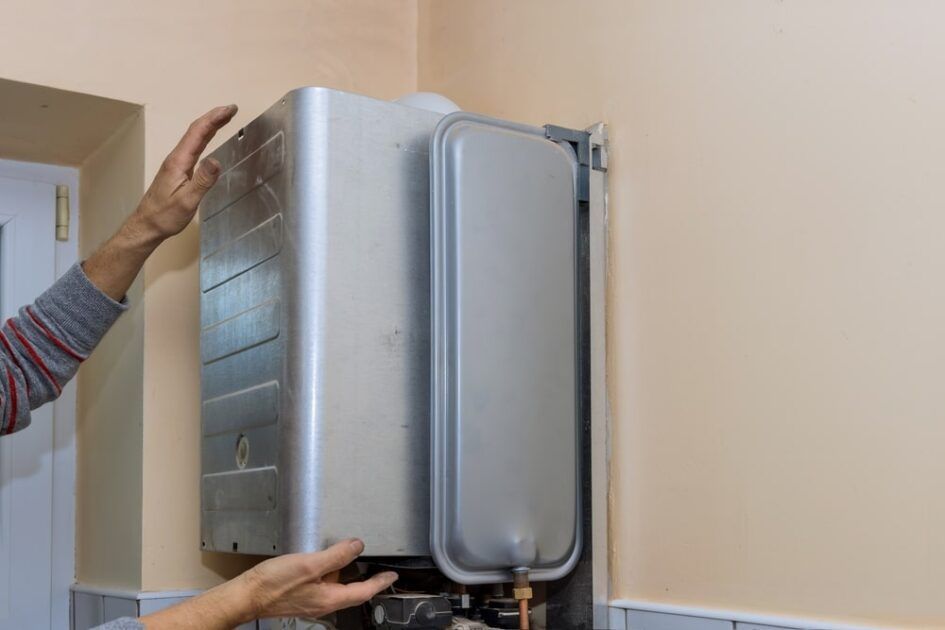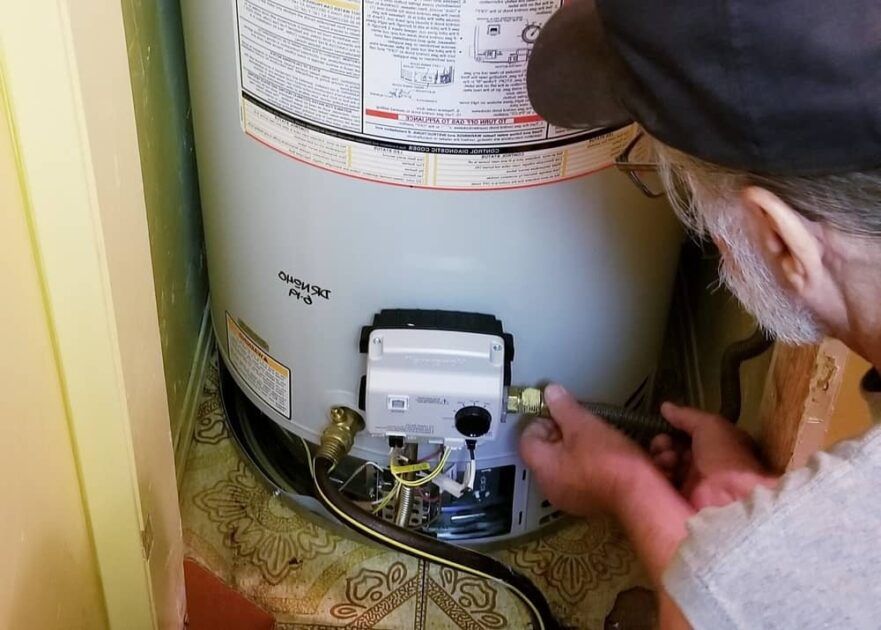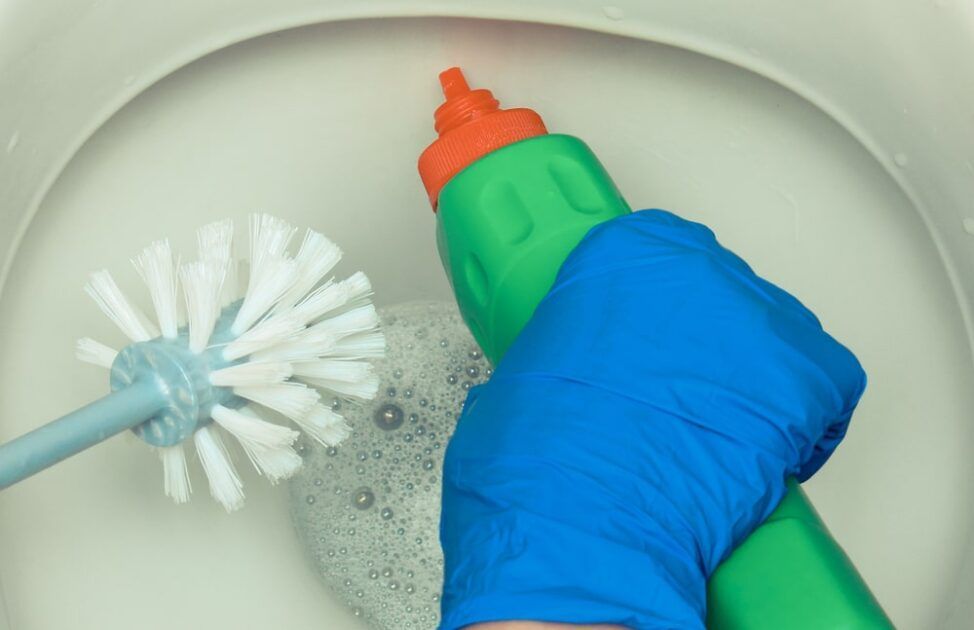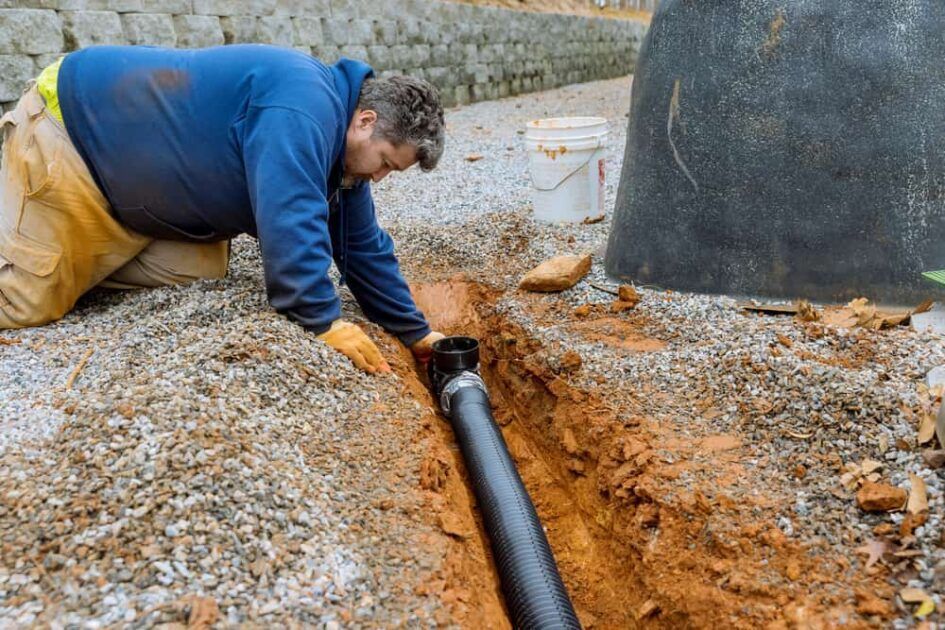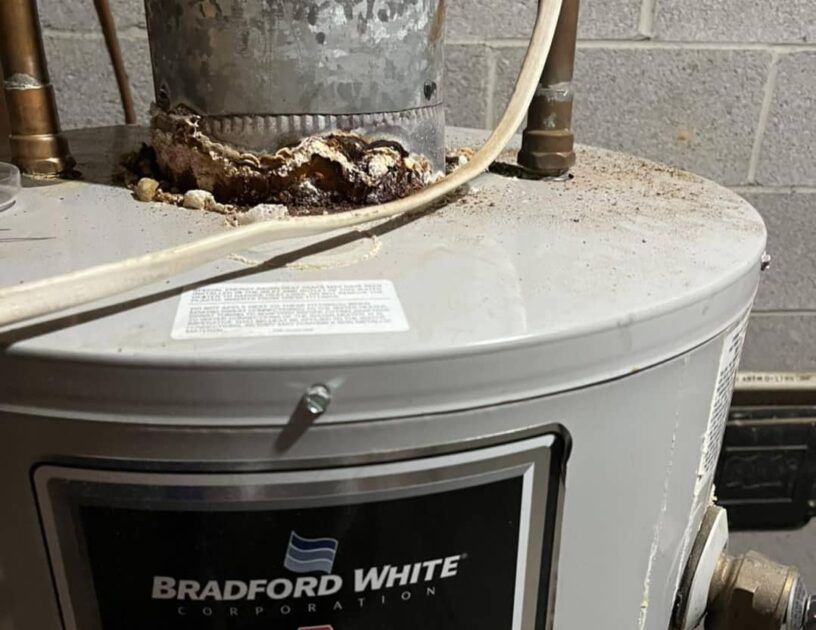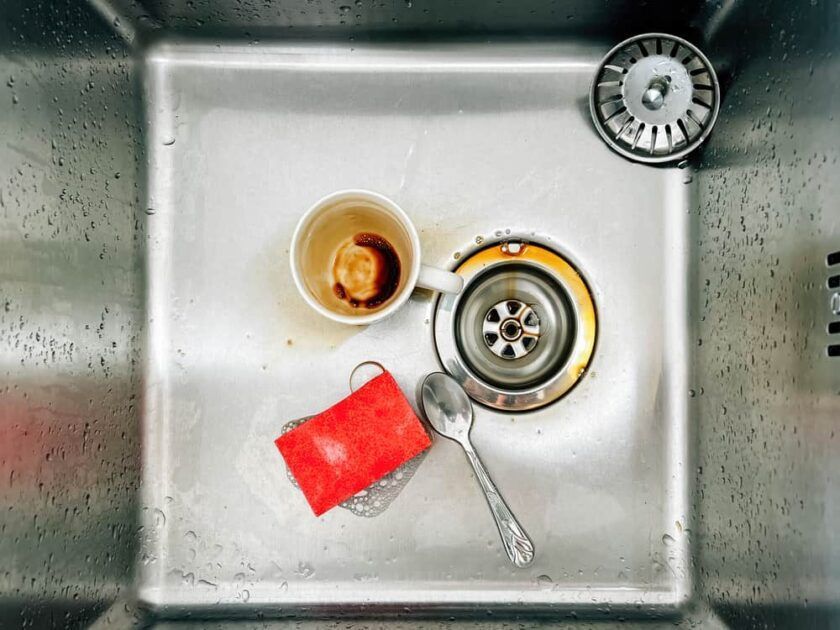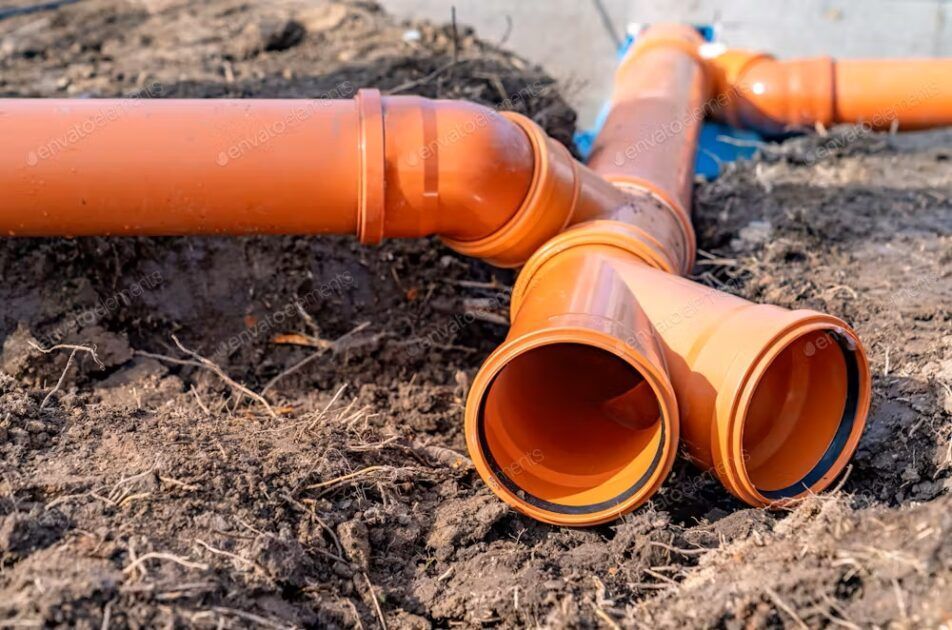Common Causes of Sewer Backups & Quick Fixes
A homeowner’s greatest fear is that sewer backups can result in significant damage and pose substantial health hazards. Knowing the typical causes of sewage blockages and how to resolve them quickly can help you avoid problems down the road and manage crises more skillfully. This blog article will examine the primary causes of sewage backups, provide preventative strategies, and discuss how to fix sewer backups.
Common Causes of Sewer Backups
Tree Root Intrusion
Tree roots getting into sewers is one of the leading causes of backlog. Because water and nutrients naturally appeal to tree roots, sewage pipelines are an excellent target. Small gaps or splits allow roots to enter pipes; over time, these roots can enlarge to the point where they significantly obstruct flow. Recurrent blockages, gurgling sounds from the drains, and slow-draining fixtures indicate tree root infiltration.
Clogged Sewer Lines
Waste products, grease, and other detritus can block pipes. Paper towels, sanitary goods, and wipes labeled “flushable” are examples of items that can seriously clog sewer pipes. These substances build up over time, decreasing your sewer system’s effectiveness and raising the possibility of a backlog.
Broken or Collapsed Sewer Lines
Over time, several causes, such as soil moving, building activity, or plain aging, can cause sewer pipes to degrade. Collapsed or broken pipes can disrupt wastewater flow, leading to a backlog. Cast-iron or clay pipes in older homes are especially prone to this problem.
Heavy Rainfall or Flooding
A drooping portion of the pipe called a “sewer line belly” can accumulate debris and water and cause clogs. Inadequate installation or moving soil can cause these bellies. A sewage backup may occur from a total obstruction brought on by the collected trash over time.
Sewer Line Bellies
A drooping portion of the pipe, known as a “sewage line belly,” can trap debris and water and cause clogs. Inadequate installation or moving soil can cause these bellies. A sewage backup may occur from a total obstruction brought on by the collected trash over time.
Improper Sewer Pipe Installation
Regular backups may result from improperly built sewage lines. Poor connections, loose joints, and incorrect pipe slopes can all interfere with wastewater flow and increase the likelihood of clogs in the system.
Call a Professional Sewer Repair Service
Calling our reputable Edwardsville sewer repair contractors is advised for significant blockages or situations where the reason is not immediately apparent. Skilled plumbers have the equipment and knowledge to identify and resolve intricate sewer issues. They might use hydro jetting and video examinations to locate and remove blockages efficiently.
Prevent Future Backups
After resolving the current issue, take precautions to prevent future sewage obstructions. Routine maintenance may help maintain the integrity of your system. Also, watch what you put down your drains and refrain from flushing non-biodegradable materials.
Preventive Measures to Avoid Sewer Backups
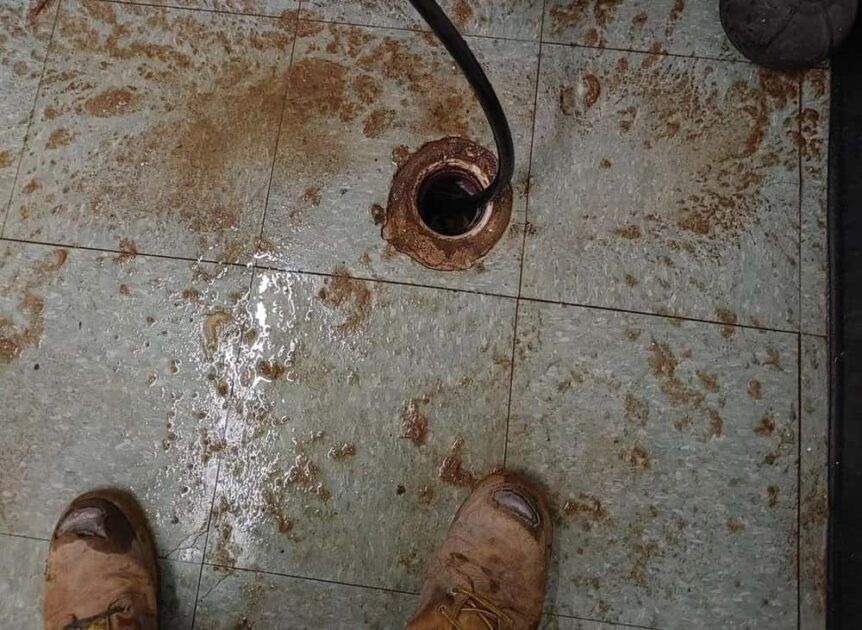
Regular plumbing system maintenance and careful use are necessary to prevent sewer backups. The following advice will help you maintain clear and efficient sewage lines:
Regular Inspections and Maintenance
Plan to inspect your sewage lines frequently, mainly if you reside in an older house or a neighborhood with plenty of trees. Expert inspections can spot possible problems before they worsen, enabling prompt fixes.
Proper Waste Disposal
It’s essential to exercise caution while flushing anything down the toilet and drains. Grease, oils, and extensive food particles should not be put in the kitchen sink, and ‘ Flushable’ wipes should be in the trash.
Install a Backwater Valve
A backwater valve is installed in your sewer line to prevent backflows from the municipal sewer system. This valve can be especially useful in areas prone to heavy rainfall or flooding, providing additional protection against sewer backups.
Tree Root Management
Consider proactive root control if you have trees close to your sewage lines. It may entail applying root barriers, using vinegar for tree roots , or doing routine root trimming. Certain plumbing firms provide treatments to stop roots from growing into your pipes.
Proper Grading and Drainage
Ensure the gradient of your land so that water runs off your house. When it rains a lot, this can lessen the quantity of water entering your sewer system. Maintaining the downspouts and gutters will also help keep water from collecting close to your foundation.
Upgrade Aging Pipes
If your pipes are cast iron or clay, consider switching to more resilient materials like PVC. Modern sewer pipe materials offer a more durable solution for your drainage system since they are less prone to cracking and root infiltration.
Conclusion: Protect Your Home from Sewer Backups
Sewer blockages may cause considerable damage to your house and interruptions. You can lessen the effects and safeguard your property by knowing the typical causes and learning how to act on them immediately. You can prevent sewer backups by routine maintenance, appropriate trash disposal, and prompt expert assistance. Feel free to contact an experienced sewer repair service if you are in the middle of a severe backup to guarantee a secure and efficient solution.
Preventing sewer backups and maintaining your home’s safety and functionality without worrying about them is possible. Remember to be proactive while maintaining your sewer system and take these precautions.
Rooter-Man Plumbers offers in-depth sewer repair services in Southern Illinois , including professional tree root removal, sophisticated clog clearing, and pipe repairs for cracked or collapsed walls. We also carry out backwater valve installations, trenchless pipe repairs, and video inspections using state-of-the-art equipment, guaranteeing dependable and effective ways to manage your emergency sewer backup issues.
The post Common Causes of Sewer Backups & Quick Fixes appeared first on Rooter-Man Plumbers.

